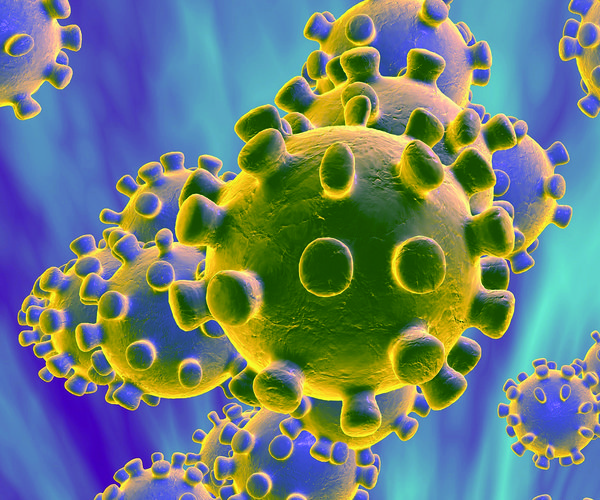By KIMBERLEE KRUESI Associated Press
NASHVILLE, Tenn. (AP) — Tennessee is considering independently reviewing the safety and efficacy of a coronavirus vaccine once it is eventually approved by the federal government before distributing it to the public, Health Commissioner Lisa Piercey said Wednesday.
"It's not off the table," Piercey told reporters during the state's weekly COVID-19 briefing.
Last week, Piercey announced the state had submitted its draft distribution plan for a coronavirus vaccine to the federal government. However, she has since warned that the plan will likely be amended as state officials learn more about when the state will start receiving the vaccine and how many doses are initially provided.
California was the first state to announce that it would hold off on distributing any COVID-19 vaccines until it had independently reviewed them. A handful of other states have since joined in that pact, including Nevada, Oregon and Washington. Meanwhile, New York Gov. Andrew Cuomo has appointed a similar independent group to review the quality of the vaccine.
Supporters of such independent reviews argue that doing so adds an extra layer of assurance to people interested in the vaccine. However, others counter that doing so could politicize the vaccine process.
Piercey said she didn't "have a clear answer" when asked if an independent review could cause more alarm over the vaccine's safety, but instead stressed "when we get to that bridge we'll cross it but it's definitely on our minds."
Earlier this year, Gov. Bill Lee declined to say whether he would be vaccinated against COVID-19 when a vaccine becomes available. Instead, he said he'd determine if it's "safe and effective and talk to my doctor."
Tennessee is expected to get 2% of the national vaccine allocation, but the exact number is unclear. It's also unknown when a COVID-19 vaccine will be available for distribution to the states.
Under the current draft plan, Tennessee will distribute the majority of the vaccines throughout its 95 counties based on population. Ten percent of the vaccines will be set aside as a reserve.
The health agency is seeking hospitals, pharmacies, clinics and other partners capable of storing and administering the vaccine. First responders will be the state's top priority in receiving the vaccine during the initial distribution phases, with health care workers being the next top priority.





